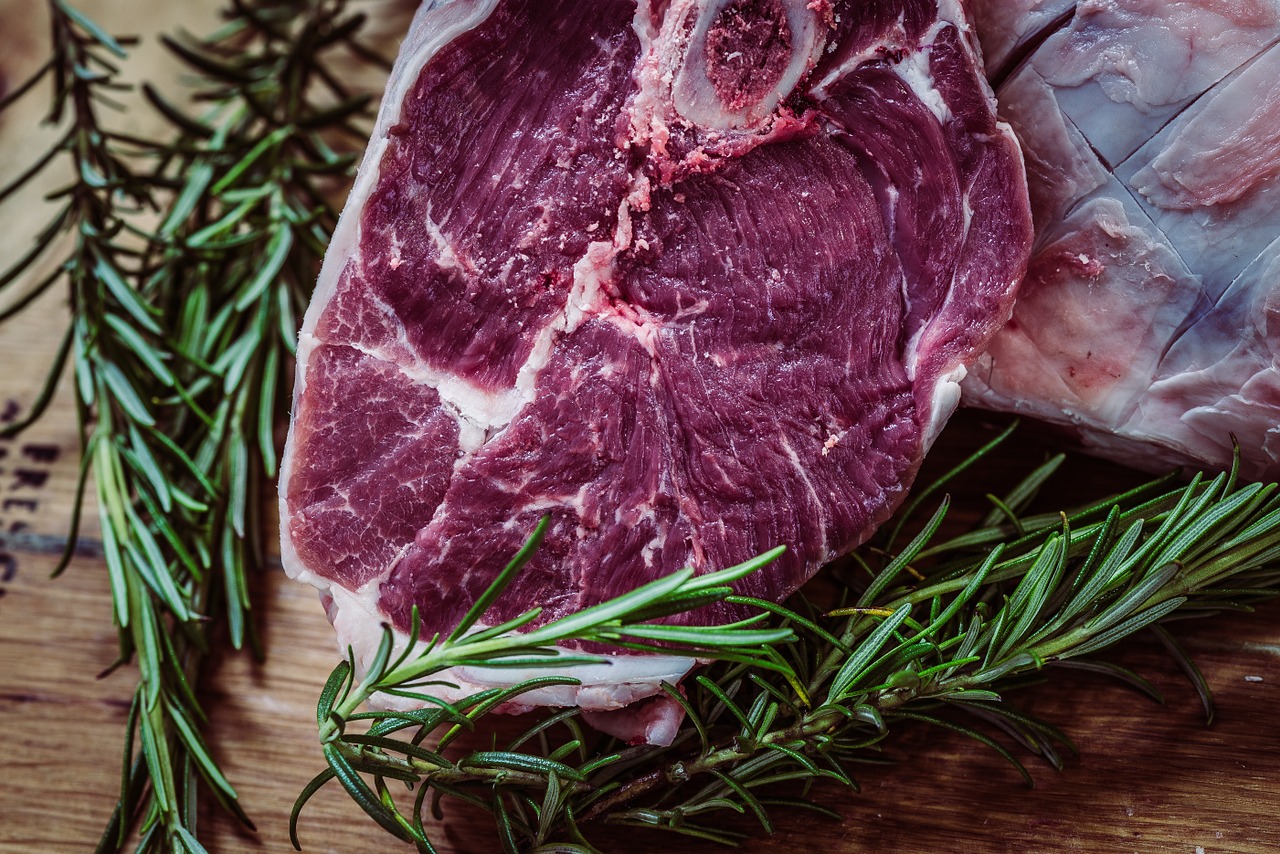 BLOCKCHAIN
BLOCKCHAIN
 BLOCKCHAIN
BLOCKCHAIN
 BLOCKCHAIN
BLOCKCHAIN
The environmental group World Wildlife Fund announced late Wednesday the launch of a blockchain distributed ledger platform that will help food businesses remove illegal, environmentally damaging and unethical products from their supply chains.
The platform, dubbed OpenSC, would create transparency between customers and businesses, allowing the general public to discover the full history of a product on the shelf showing its provenance from source to the supermarket.
“Through OpenSC, we will have a whole new level of transparency about whether the food we eat is contributing to environmental degradation of habitats and species, as well as social injustice and human rights issues such as slavery,” said Dermot O’Gorman, WWF-Australia’s chief executive. “OpenSC will revolutionize how we all buy food and other products as well, enabling more informed decision making by consumers, businesses, governments, and industry bodies.”
To build the project, WWF partnered with BCG Digital Ventures, the global corporate venture, investment and incubation arm of Boston Consulting Group. They created a supply-chain blockchain system that can track products from their origin to processing through shipping, packaging and finally when the food lands on a retailer’s shelf.
Customers need only use a smartphone and the OpenSC app in order to discover the full lifecycle of a product through the supply chain. The app uses a Quick Response code printed on the packaging in order to peek into the product’s history in the blockchain and create a map of where the food came from, when it was produced and how it arrived at the store.
For businesses, a blockchain system provides a tamperproof distributed ledger that creates a sense of trust for supply-chain management. Importantly, a blockchain platform can be used to automate the tracking of a raw material or product each time it changes hands, thus lowering costs for tracking and reducing potential human error or fraud.
This automated tracking can be done with scannable codes on raw material containers or radio-frequency identification, or RFID, tags attached to foods such as fish or beef. Each time the code or tag is scanned, the presence of that product is recorded to the blockchain and thus an automatic historical record of the journey is created.
This system can also be modified to record other vital information about the product for later auditing or food safety, such as temperature, humidity and other factors that might impact viability in storage.
“OpenSC is invaluable for businesses that are committed to sustainable and ethical operations,” said Paul Hunyor, BCGDV managing director and co-chair of the World Economic Forum Council on the Future of Consumption. “In addition to providing transparency about the origin of an item’s production, [this] helps optimize business supply chain operations, reduces costs and enables producers to manage issues such as product recalls.”
As part of promoting food safety, IBM Corp. has created its own supply-chain blockchain consortium called the IBM Food Trust. Although that platform does not involve customers in the way OpenSC does, it does connect farms, processing plants, storage, transport and grocery retailers together in a way that allows them to view the entire chain at once for any product on a store shelf. As a result, IBM hopes to aid in reducing food-borne illnesses by making identifying tainted product batches much faster.
Blockchain technology has also been used to better ethically source other materials such as the De Beers diamond-tracking blockchain, the Open Minerals mineral-tracking blockchain and most recently IBM and Ford Motor Co.’s cobalt-tracking blockchain.
The OpenSC platform will be available to all businesses seeking to demonstrate a dedication to producing their food in environmentally friendly and ethical ways.
To commemorate the launch of OpenSC, blockchain-tracked food will be served at the World Economic Forum Jan. 24 in Davos, Switzerland, by WWF Director General Marco Lambertini and BCGDV Chief Executive Officer Stefan Gross-Selbeck.
That will allow participants at the conference dining with the WWF to use their smartphones to view the journey that their food took from sea or pasture all the way to their plates and to be more certain that it was ethically produced.
THANK YOU